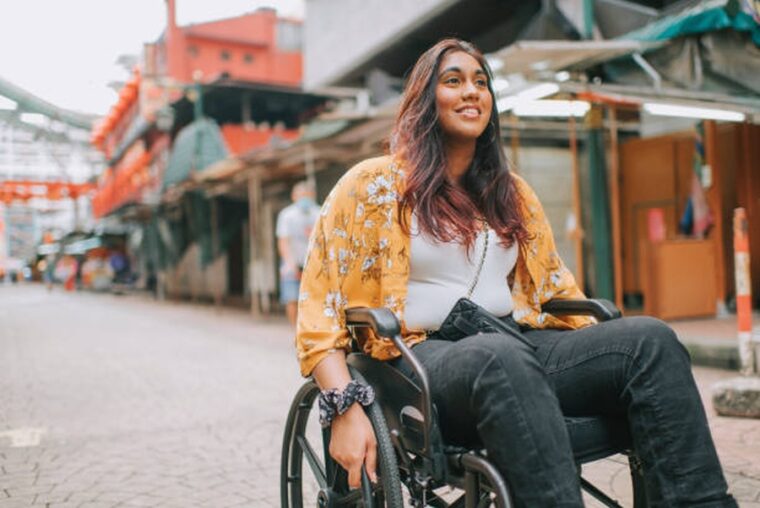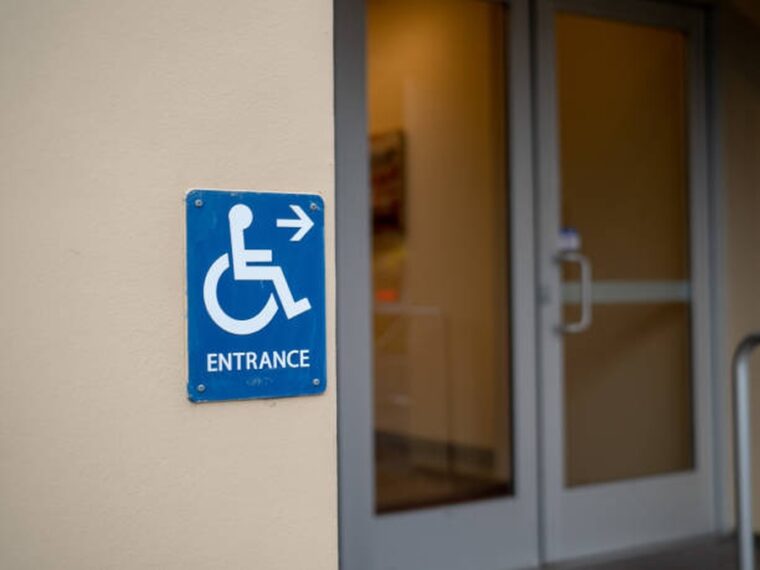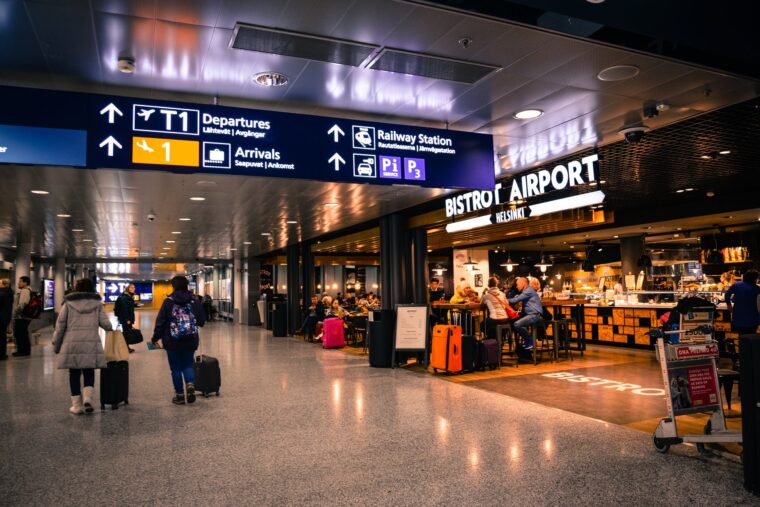Traveling with a physical disability can add some challenges to your experience, but they aren’t insurmountable.
Many places throughout the U.S. and the world have accommodations well-suited to the needs of travelers with disabilities or limited mobility. There are a few terms for it, including disabled travel or accessible travel, and it’s on the rise as far as companies catering to this particular type of travel.
The travel industry is increasingly working to meet the needs of all travelers, and there’s a growing amount of information and content on the topic too.
The following are some tips to help you plan the perfect trip free of limitations.
Do Your Research

Whether you want to go to a theater for a live show, such as bransonshows.com, you’re choosing a hotel or you’re considering which tours to do, research is key. This isn’t just true if you’re traveling with a disability, but it can become even more important if so.
The more you can find out about every part of your trip, the more you’ll know if there are accommodations available that will suit you. You’ll be able to make any special requests that you may need if you know ahead of time what those are.
Simply by doing your research ahead of time, you’re also likely to feel more comfortable when it’s time to actually travel.
There’s a wealth of information available online, but if you ever can’t find something, call directly.
While in the U.S., the Americans with Disabilities Act guarantees travelers who have disabilities will receive equal treatment under the law, you do have to remember regulations in foreign countries can vary quite a bit. You’ll need to take that into consideration as you’re researching.
Along with calling ahead of time with questions you have, call again anywhere from 24 to 48 hours before your actual travel date to make sure your requests are being accommodated.
Stay In Accessible Areas of Town

If you’re planning a trip, you need to find not only an accessible hotel but an accessible location. You want to be able to get places easily without a lot of stairs, cobblestones, or hills blocking you, for example.
The closer you can get to the activities you want to do, great restaurants, and whatever you’re interested in, the better.
Other features of an accessible hotel, along with location and proximity to amenities and services, include step-free access, designated parking, and bathroom accessibility.
Know Your Rights

Again, disability laws vary by country and area. You do want to know what your rights are, and if you’re going to a foreign country, familiarize yourself with them.
Consider Working with a Travel Agent

If you’re taking a big trip and you’re overwhelmed with the logistics and planning, you might think about working with a travel agent. An agent who specializes in working with clients with disabilities can help you book every part of your trip in an accessible way that meets your needs. They can book your airline tickets, your accommodations, and even things like tours and restaurants.
A travel agent will be able to get any needed measurements and verify all accessibility features.
A lot of travel agents don’t charge a fee for planning your trip. Instead, they make their money as a commission when booking with certain hotels and resorts or other companies.
Booking Tour Guides

Often when people travel, they take guided tours. These might be group or private tours, but they’re a good way to get a feel for your destination in an organized way. You can get a lot more from your trip than you would trying to see everything on your own.
If you’re going to book a guide or tour, there are some that specialize in working with disabled visitors.
Even if they don’t specialize in this, you can get in contact with the tour operator ahead of time and let them know the accommodations you’ll need.
If you choose a tour with a preset itinerary geared toward people with disabilities, they’ve already taken into account what your needs might be.
Air Travel

All flights and airlines to or from the U.S. on a foreign carrier have to provide all travelers with the same opportunities regardless of disability unless it would put others at risk.
That means airlines are required to provide aircraft access, an aisle seat, and a seat that has a removable armrest.
An aircraft with more than 60 seats are required to have a wheelchair on board, and a wide-body airplane with two or more aisles is required to have a wheelchair-accessible bathroom.
If you have a trained service animal with documentation, the airline must allow it to come with you, but that doesn’t always mean it’s allowed in the cabin. You should check with the airline.
The Air Carrier Access Act or ACAA is what guides domestic and international flights’ requirements for people with disabilities.
If you experience a problem, you should request to speak with a supervisor or the Complaint Resolution Officer of the airline. The Complaint Resolution Officer should be the expert on issues related to a disability. Everyone airline has to have someone available either in-person or by phone during operational hours.
When you’re at the airport, if you’ve made arrangements ahead of time, the airline will likely designate an employee to meet your curbside and guide you through security. If you haven’t made arrangements, talk to someone at the ticket counter about doing so.
TSA recommends that you call them 72 hours before you plan to travel with any questions about screening policies and what you should expect as you go through security.
Finally, manage your time well. It can take you longer to do many of the things that come with travel, so give yourself plenty of time. The more time you give yourself, the more prepared you’re going to be to deal with something if it doesn’t go well.
Preparing and having plenty of time are two of the most important things you can have on your side for a smooth, accessible travel experience.
